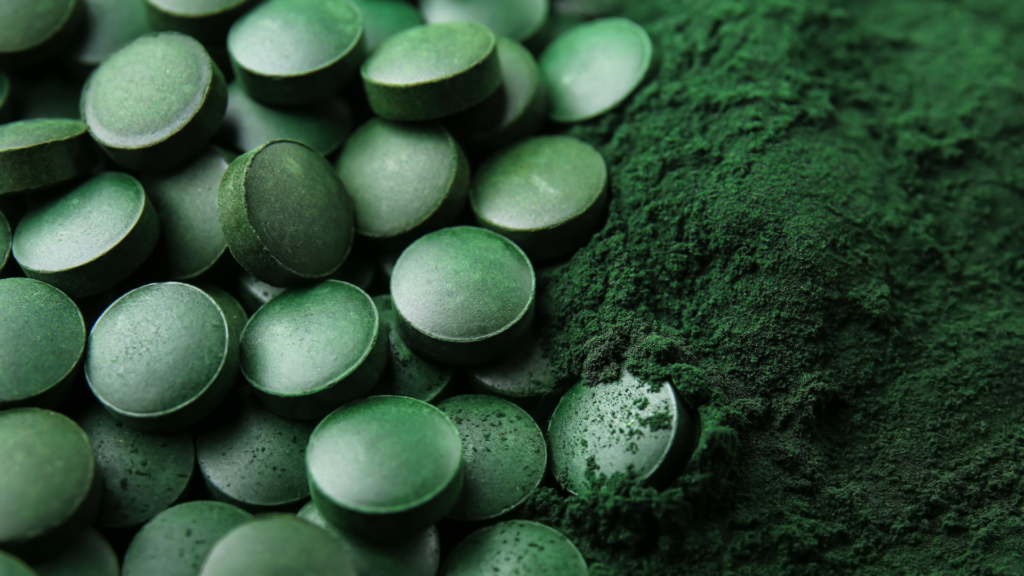Spirulina is a type of blue-green algae that has gained popularity as a superfood in recent years. It is known for its high protein content, antioxidants, and anti-inflammatory properties, making it a popular choice among health-conscious individuals. However, there are still many questions about spirulina that remain unanswered. In this article, we will address some of the most frequently asked questions about spirulina.
What is Spirulina?
Spirulina is a type of blue-green algae that grows naturally in warm, alkaline waters. It is commonly harvested and sold in powder or tablet form as a dietary supplement. Spirulina is a rich source of protein, vitamins, minerals, and antioxidants, making it an ideal superfood for individuals who are looking to boost their overall health.

What are the Health Benefits of Spirulina?
Spirulina has several health benefits, including:-
High Protein Content:-
Spirulina is a rich source of protein, containing all essential amino acids. It is an ideal source of protein for vegans and vegetarians.
Antioxidant Properties:-
Spirulina contains several antioxidants that help protect the body against free radical damage. These antioxidants also help boost the immune system and promote healthy aging.
Anti-inflammatory Properties:-
Spirulina has been shown to reduce inflammation in the body, which can help prevent chronic diseases such as heart disease and cancer.
Nutrient Dense:-
Spirulina is rich in vitamins and minerals such as iron, calcium, and magnesium, making it an ideal dietary supplement for individuals who are nutrient deficient.
How Should Spirulina be Consumed?
- Spirulina is available in powder or tablet form. It can be consumed in a variety of ways, such as:-
- Mixed with water or juice: Spirulina powder can be mixed with water or juice and consumed as a beverage.
- Added to smoothies: Spirulina can be added to smoothies or protein shakes for an extra nutritional boost.
- Sprinkled on food: Spirulina powder can be sprinkled on food such as salads or soups for added nutrition.
- Consumed in tablet form: Spirulina tablets can be taken as a dietary supplement.
Who Should Not Take Spirulina?
Spirulina is generally safe for most people to consume. However, individuals who should avoid spirulina include:-
- Pregnant or breastfeeding women: Spirulina may not be safe for pregnant or breastfeeding women due to the lack of research on its effects.
- Individuals with autoimmune diseases: Spirulina may stimulate the immune system, which can be problematic for individuals with autoimmune diseases.
- Individuals with phenylketonuria (PKU): Spirulina may contain phenylalanine, which can be harmful to individuals with PKU.